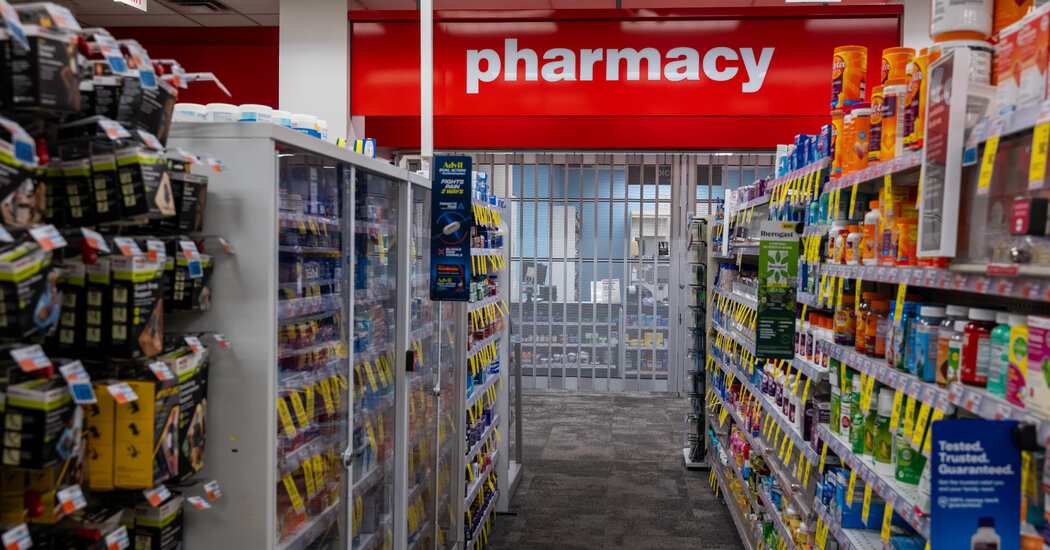President Trump wants to bring pharmaceutical manufacturing back to the United States. Experts warn that tariffs could result in shortages and higher prices for generic drugs.
The drug industry got a temporary reprieve on Wednesday when foreign-made medicines were exempted from President Trump’s far-reaching new tariffs.
But Mr. Trump has been saying for weeks that he plans to impose tariffs specifically on pharmaceuticals, with the goal of shifting overseas production of medications back to the United States. He has said those levies could be 25 percent or higher. Drugmakers still expect tariffs targeting them to be announced soon.
“The pharmaceutical companies are going to come roaring back, they’re coming roaring back, they’re all coming back to our country because if they don’t, they got a big tax to pay,” Mr. Trump said in remarks at a Rose Garden event on Wednesday.
While there is still some drug manufacturing in the United States, most of the drugs Americans consume are produced at least partly overseas.
The most important places in the industry’s supply chain are China, India and Europe. For example, plants in China and India make nearly all of the world’s supply of the active ingredients in the painkiller ibuprofen and the antibiotic ciprofloxacin, according to Clarivate, an industry data provider.
Drugmakers have powerful financial incentives to produce their products overseas. For most companies and most medications, tariffs are unlikely to reverse that, experts said.
